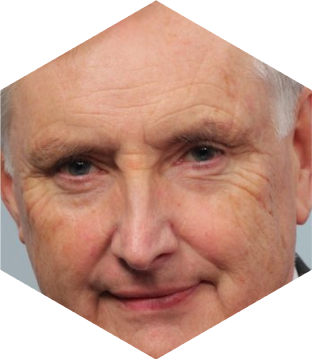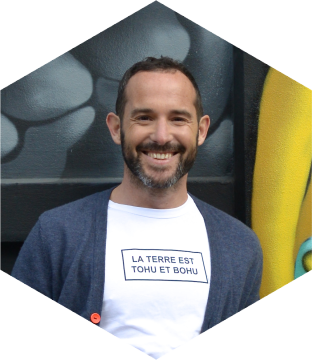Debate 1: Mental health crisis in a knowledge economy.
Mental health issues affect over 400 million people around the world and is of great cost to the economy due to productivity loss as well as health-related burden. The COVID-19 pandemic has already shown clear evidence of direct and indirect adverse effects on psychological and social wellbeing due to added stresses of unemployment, isolation, infection fears and worsening physical health. The evidence suggests that increased anxiety, depression, loneliness and insomnia are inevitable consequences of a pandemic, mirroring studies in China which have already reported elevated rates of these conditions.
The panel will discuss the relationship between stress, neuroplasticity and resilience and its relevance to mental wellbeing both during and after pandemics.
Panelists:

Dr. Paul Litchfield

Prof. Carmen Sandi

Mr. Alastair Campbell

Ms. Anna Williamson

Mr. Andrew Jack
Debate 2: Does mindfulness really work?
Mindfulness is the ability of being fully present and aware in the moment. Achieving and practicing this ability has been associated with positive effects on cognition, workplace performance and a generally improved state of mental wellbeing. The potential of these encouraging changes are ever-so-important during current testing times.
The debate will focus on evidence of the mechanisms and implications behind mindfulness, the role of neuroplasticity and neuronal changes in mindfulness and whether it can achieve a noticeable impact in our daily lives, particularly amidst a global pandemic that is causing drastic adverse impacts on mental wellbeing.
Panelists:

Prof. Sara Lazar

Prof. Murali Doraiswamy

Dr. Miguel Farias

Ms. Anna Williamson

Mr. Will Williams




